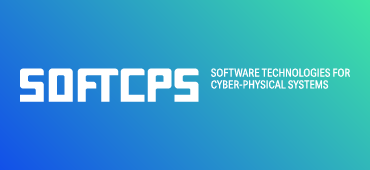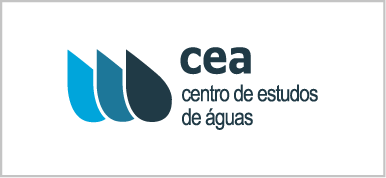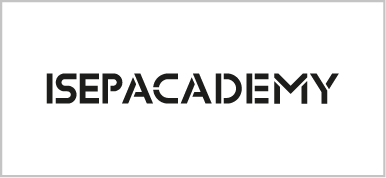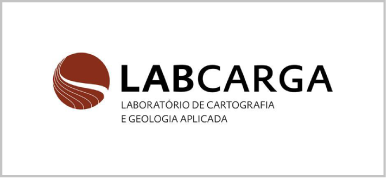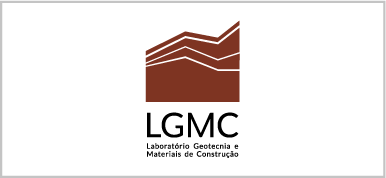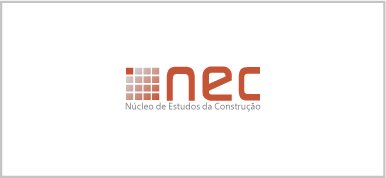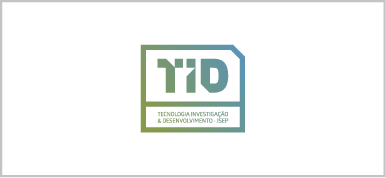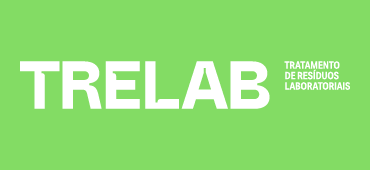
Abstracts
daniela velichová
Abstract
Teaching Paper brings information on experience with introduction of innovative active learning and teaching methods into basic course Mathematics I for the first year engineering students at the faculty of Mechanical Engineering, Slovak University of Technology in Bratislava, Slovakia.
Evaluation of experiment results and students’ achievements is presented in statistical data. Supplementary analysis of feedback
obtained from students in questionnaire shows insight into students’ opinions on various teaching
scenarios and comparison of used methods of eduScrum and individual study.
---------------------------------------------------------------------------------------------------------------------------------------------------------------------
FRANÇOIS ROUSSET
Abstract
Teaching mathematical tools is a challenging task. One has to mix up mathematical rigor and applications from physical sciences and engineering. At INSA Lyon, faculty members from the Mathematics and Physical Sciences Departments have collaborated to create a 1-year sequence tailored for engineering students of the FAS Department. The aim of the present talk is to show how the balance between intuition and rigor can improve calculus skills of the students
---------------------------------------------------------------------------------------------------------------------------------------------------------------------
pierre vincent
Abstract
My ongoing PhD research concerns the training of future engineers in France in mathematics. I compare it in particular with the needs of the engineers in the workplace. In Quéré (2017) I inquire about these needs, using the institutional approach of the ATD (Anthropological Theory of Didactics) to analyse a questionnaire and interviews with some engineers. I identified in this study several mathematical needs. According to these engineers, Statistics is one of the most important mathematical tools in the workplace and also one of the most taught to them. This fact is confirmed by teachers I’ve met afterwards in my investigations.
---------------------------------------------------------------------------------------------------------------------------------------------------------------------
ARIANE HELLER
Abstract
I will short introduce who we are using Jigsaw as active-learning within the research internship in the master course of Automotive Software Engineering. Therefore, we adapted the steps. Also, an overview about ongoing process is given. Actually it is used within this semester.
---------------------------------------------------------------------------------------------------------------------------------------------------------------------
URANCHIMEG TUDEVDAGVA
Abstract
Recently whole world is fascinated by smart technologies and devices. Search engines become increasingly powerful from year to year. Industry 4.0 has opened a new age in industrial development. 5G technology promises completely new ways for communication and it will speed up booming of the internet of things. Basis for that are human resources and adapted engineering education. Mathematics is playing a key role in this development. Therefore, educators have to care modern learners with adapted maths courses.
Pupils like to learn using modern communication technology. Hence we should use more these technologies for teaching to keep interest of learners in maths. An important aspect in that context are corresponding online courses.
In last decade massive open online courses (MOOCs) become very attractive for self-motivated learners. MOOC provides learners the opportunity for qualified continuing education. As a rule, MOOCs are free available (are open to the public and free of charge). This is big offer and opportunity to learners to extend their knowledge by online courses with an individual speed of learning. Here we discuss MOOCs which cover mathematical topics.
---------------------------------------------------------------------------------------------------------------------------------------------------------------------




















